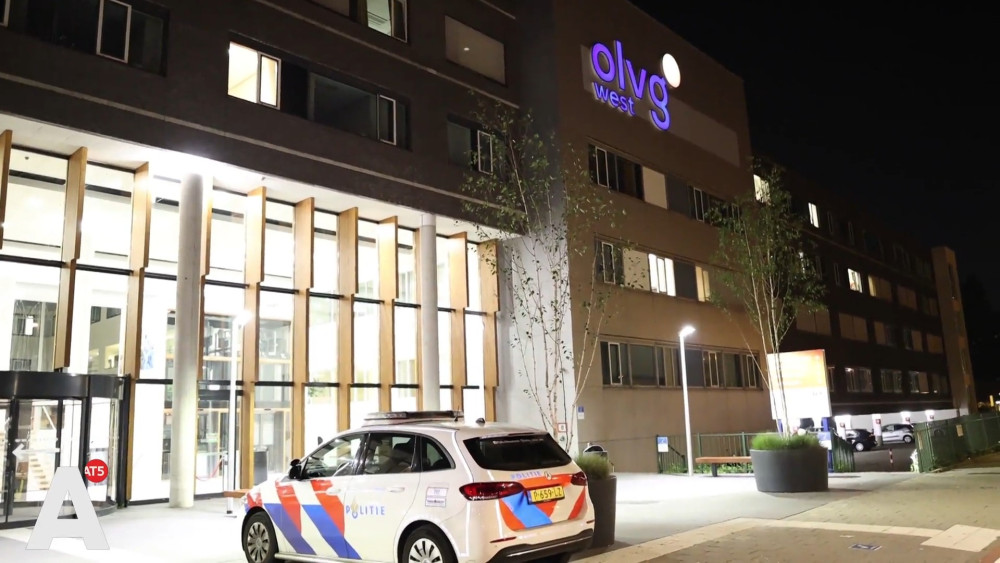Pope Francis Urges an investigation into the genocide that took place in the Gaza Strip. This statement was the first statement made by the head of the Catholic Church worldwide.
In excerpts from his new book published on Sunday (17/11), the Pope urged further investigation. It must be determined whether Israel’s actions meet this definition.
Titled “Hope Never Disappoints. Pilgrims Towards a Better World”, the book includes the most open recent intervention in the ongoing Gaza war. for more than a year, prompted by the October 7 Hamas attack on Israel.
SEVENTEEN
CHECK TO CONTINUE WITH INDEX
“According to some experts, what is happening in Gaza has the characteristics of genocide,” the Pope wrote in an excerpt from the book published on the front page of the Italian daily La Stampa on Sunday (17/11 ).
“A careful study is required to determine whether (the situation) complies with the technical definition put together by legal experts and international organizations,” he said, as reported by the AFP news agency, on Monday (18 /11/2024).
The Argentine pope often regrets the many victims of Israel’s operations in Gaza. The health ministry of the Hamas-run region put the number of victims at at least 43,846, most of them civilians.
However, his call for an investigation marks the first time he has publicly used the term genocide – without endorsing it – in the context of Israeli military operations in the Palestinian territories.
The Israeli embassy in the Vatican responded on Sunday with a post on social media X, citing ambassador Yaron Sideman.
“There was a genocidal massacre on October 7, 2023 against the citizens of Israel, and since then, Israel has exercised its right to defend itself against the attempts of seven different parties to kill its citizens,” the statement said.
More information on the next page.
2024-11-18 23:06:00
#Pope #Francis #call #asks #investigate #genocide #Gaza
How might the differing perspectives of Pope Francis and Ambassador Sideman shape the global discourse surrounding the Israel-Palestine conflict?
As an editor for world-today-news.com, I have the pleasure of interviewing two guests about Pope Francis’ recent statements regarding the investigation into the genocide that took place in the Gaza Strip.
Guest 1: Prof. Dr. Sarah Abel, a renowned expert on human rights and international law, and Professor of Law at Harvard University.
Guest 2: Ambassador Yaron Sideman, the Israeli Ambassador to the Holy See.
Editor: Firstly, Professor Abel, can you provide us with your thoughts on Pope Francis’ call for an investigation into the genocide that took place in the Gaza Strip? What do you believe is the significance of this statement from the head of the Catholic Church?
Prof. Dr. Sarah Abel: Indeed, Pope Francis’ call for an investigation into the Gaza Strip genocide is significant. It shows a willingness by a religious leader to acknowledge the scale of the human rights violations that have occurred in the area. It’s also a testament to the power of international pressure on Israel to hold them accountable for their actions. However, we must remember that this is just a first step and more needs to be done to ensure justice for the Palestinian people.
Editor: Ambassador Sideman, the Israeli embassy responded to Pope Francis’ statement, citing attempts by seven different parties to kill Israeli citizens as a genocidal massacre. Could you please expand on this statement and provide more information on the context in which it was made?
Ambassador Yaron Sideman: Yes, we believe that the Hamas terrorist organization that rules Gaza, along with other terrorist groups, has constantly launched rockets and other attacks against innocent Israeli civilians, causing grave harm. Our response has been to defend ourselves and our citizens, which is within our right as a sovereign nation. However, we respect the Pope’s opinion and the ongoing investigation into the situation in Gaza.
Editor: In the Pope’s book, he cites experts who believe that the situation in Gaza has the characteristics of genocide. How do you think this could impact international perceptions of Israel’s actions in the region?
Prof. Dr. Sarah Abel: I believe this could have a significant impact on international perceptions.


